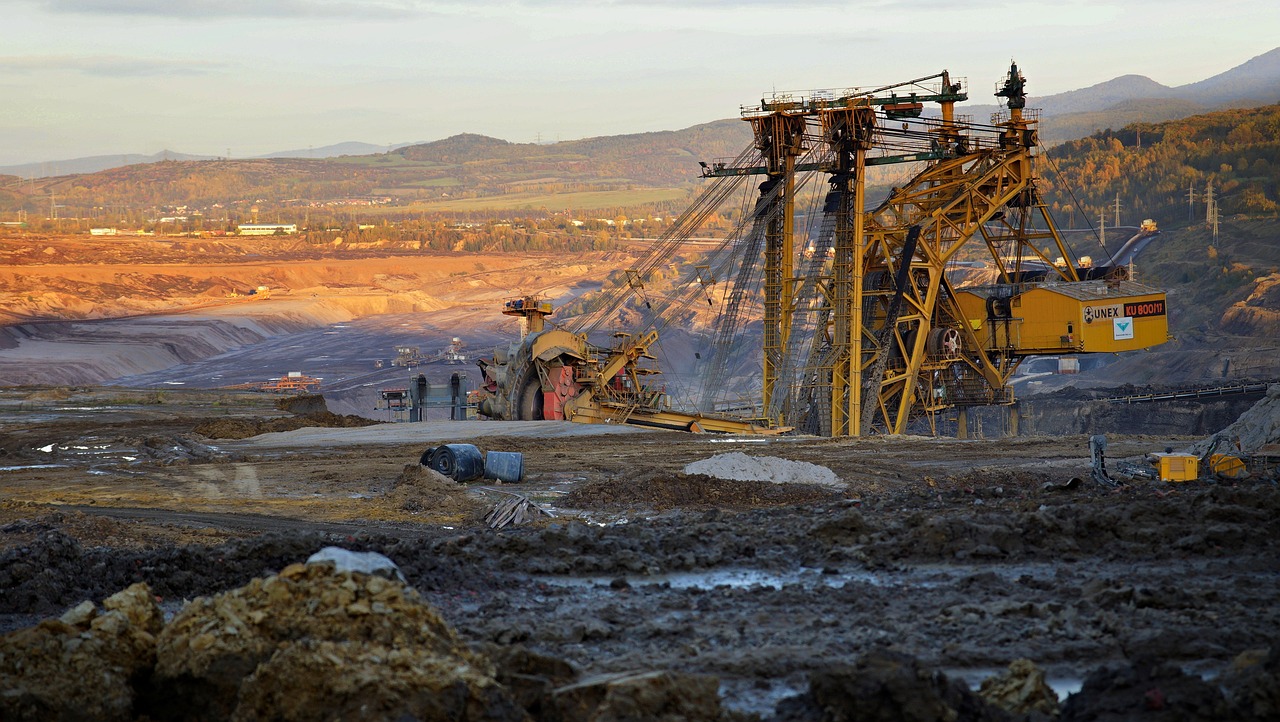What are the economic prospects of space mining and resource extraction?

In a universe filled with celestial bodies, one can’t help but imagine what resources are hidden within them. Space mining or the extraction of valuable resources from celestial bodies like asteroids, the moon, or other planets, has been regarded as a concept of science fiction for years. But now, with advancements in technology and a growing need for resources, it’s becoming more of a reality than a distant dream.
The concept of space mining presents a glimpse into the future of our economy. As we look beyond Earth’s geographical boundaries, the potential of the space economy and the role of commercial space companies in this new frontier become clear. This article will explore the economic prospects of space mining, its impact on Earth’s economy, and the future of resource extraction in the solar system.
Dans le meme genre : What is the impact of green building materials on construction sustainability?
The Potential of Space Resources
The vast expanse of space offers a treasure trove of resources. Asteroids, often referred to as the floating mines of space, are rich in valuable resources like water, metals, and rare earth minerals. These resources have a tremendous potential to boost our economy and open new avenues for exploration and commercialization.
Water is one of the most valuable resources in space. It’s essential for life support systems in spacecraft and can be broken down into hydrogen and oxygen, the essential components of rocket fuel. With water found in abundance on asteroids, the possibility of creating fuel depots in space becomes a reality. This could revolutionize space travel, making missions more affordable and accessible.
Sujet a lire : How can sustainable agriculture practices reduce water pollution?
But it’s not just water that’s valuable in the celestial bodies. Asteroids also contain precious metals like gold, platinum and palladium, and rare earth elements that are crucial for our high-tech industries. It’s estimated that the value of a single asteroid could be in the trillions of dollars.
Space Mining Companies and Their Role in the Economy
Space mining, while still in its infancy, is a sector that could make a colossal impact on our global economy. Several companies have recognized this potential and are investing in technologies and missions to mine resources in space.
Among these companies, Planetary Resources and Deep Space Industries are pioneers in space mining. These companies aim at the extraction of resources from asteroids to fuel space economy and enable sustainable space exploration. They envision a network of fuel stations in space, powered by water derived from asteroids.
Commercial space companies are not just focusing on mining, but are also developing technologies for processing and utilizing the resources in space itself. This will reduce the cost and environmental impact of bringing these resources back to Earth.
By tapping into the infinite resources of space, these companies are creating new industries and jobs, thereby stimulating economic growth.
The International Perspective on Space Mining
The international community is waking up to the potential of space mining. However, it also raises legal and ethical questions. Who owns these celestial bodies and the resources they contain? How will the profits be divided?
The Outer Space Treaty of 1967, which forms the basis of international space law, states that celestial bodies are "the common heritage of mankind". It prohibits nations from claiming sovereignty over outer space or any celestial body.
As discussions continue on the potential of space mining and the legalities involved, it is crucial to have international consensus and cooperation. This will ensure a fair and equitable distribution of space resources, and promote peaceful exploration and use of outer space.
Environmental Impact of Space Mining
As we venture into space mining, an essential factor that we should not overlook is its environmental impact. Mining on Earth has often resulted in environmental degradation. We must learn from our past mistakes and ensure that our exploration of space is sustainable and does not harm the fragile ecosystems of celestial bodies.
Efforts are underway to develop technologies that will allow minimal disruption to the environment while extracting resources. The development of cryonics, a method of freezing resources for transportation, is one such example.
In conclusion, the potential for space mining and resource extraction is enormous. The resources found in asteroids and other celestial bodies could revolutionize our economy, making us a truly spacefaring civilization. However, in our pursuit of these resources, it is imperative that we balance economic gain with environmental sustainability and international cooperation. As we stand on the cusp of this new era, we must tread carefully, ensuring that we reap the benefits of space mining without causing harm to the celestial bodies that we mine. The future is exciting, and space, indeed, is the final frontier.
